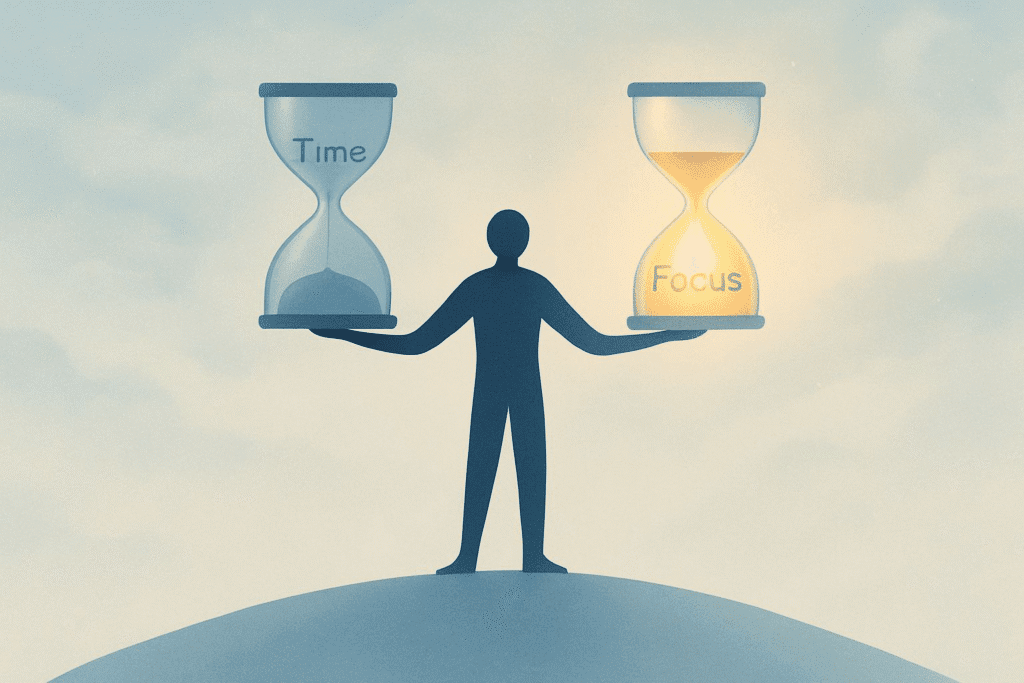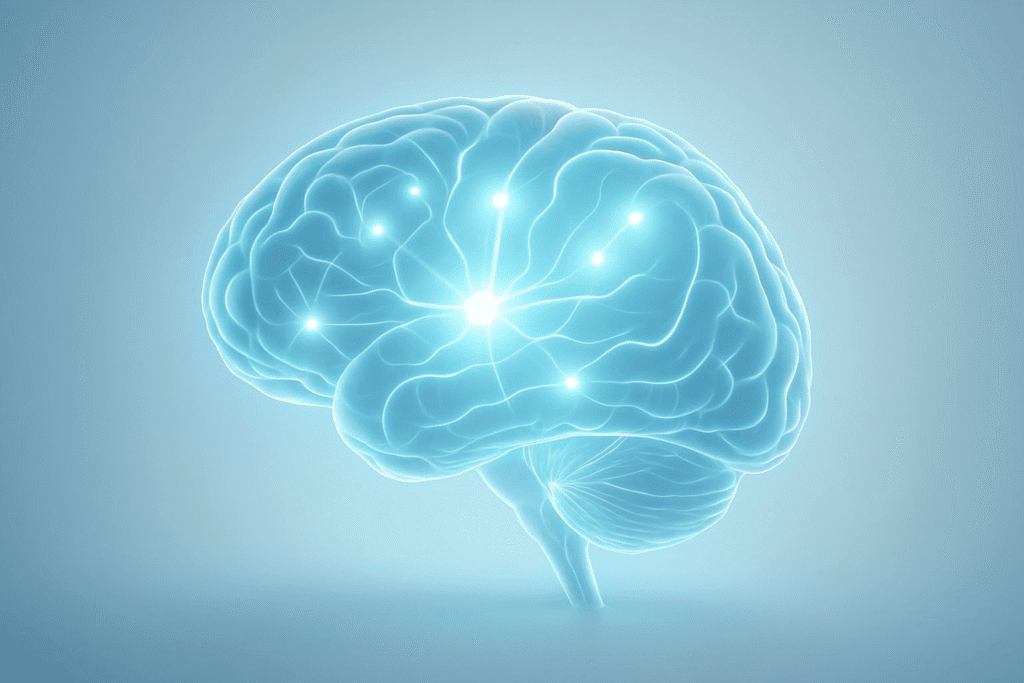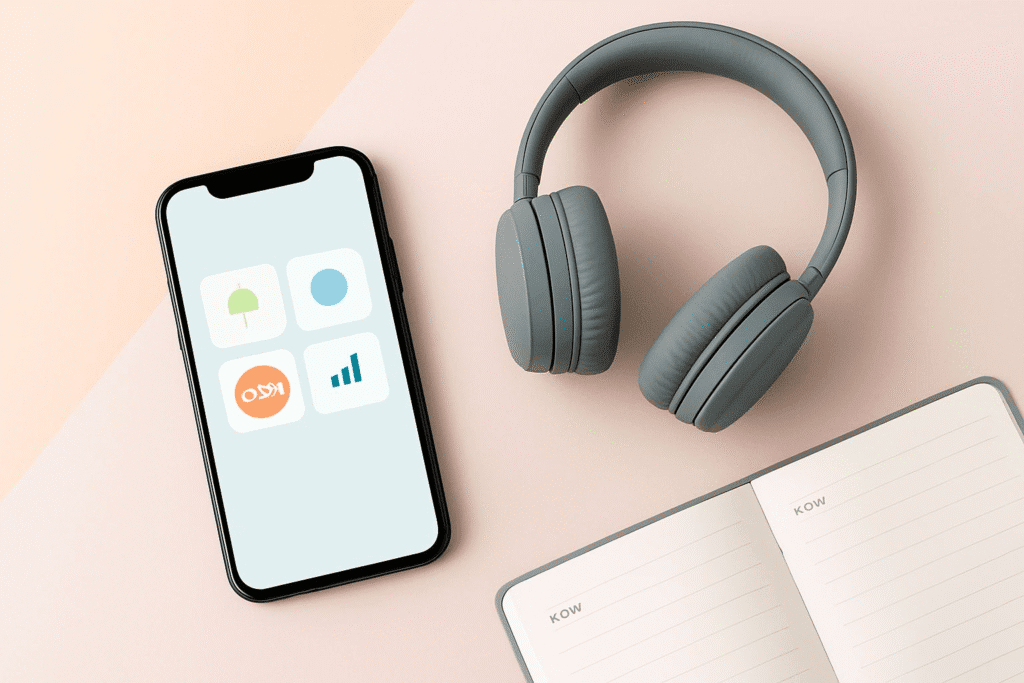Introduction

For decades, productivity advice has revolved around one core idea: manage your time, and success will follow. We’ve been encouraged to fill calendars, create to-do lists, and break our days into neatly scheduled blocks. But here’s the truth few talk about—having control over your time doesn’t mean you have control over your mind.
In today’s hyper-connected world, our attention is under constant attack. Notifications ping. Social media feeds lure us in. Emails pile up. Even with the most meticulously planned day, it takes just one distraction to derail our focus—and with it, our productivity.
This is why the modern path to meaningful work isn’t about squeezing more tasks into your schedule. It’s about mastering your attention. Where your attention goes, your energy flows. This shift in thinking is what separates people who are merely busy from those who are truly effective.
In this article, you’ll discover:
- Why attention management is the real key to productivity in the digital age.
- The hidden pitfalls of traditional time management that often lead to stress and burnout.
- Powerful, practical strategies to sharpen your focus and protect your mental energy from constant distractions.
By the end, you’ll walk away with a new mindset—one that empowers you to direct your attention where it truly matters and experience deeper, more satisfying productivity.
The Science Behind Attention Management: What Your Brain Wants You to Know

Attention management isn’t just another trendy productivity tip—it’s deeply grounded in how the human brain functions. By understanding the science behind focus, you can take smarter steps to protect your mental energy and stay clear of the constant pull of distractions.
Cognitive Load: The Hidden Cost of Multitasking
Think of your brain’s processing power like a computer’s RAM—there’s only so much capacity at any given moment. When you try to juggle multiple tasks, you’re forcing your mind to split these limited resources. The result? Your efficiency drops, errors creep in, and tasks take longer than they should. In fact, research shows that switching between tasks can slash your productivity by as much as 40%. Far from making you faster, multitasking drains your cognitive reserves and leaves you mentally exhausted.
Selective Attention: The Brain’s Built-In Filter
Every second, your senses are bombarded with information. So how do you stay sane? Your brain relies on something called selective attention—a mental filter that helps you tune out the noise and focus on what truly matters. This filter is powered by the Reticular Activating System (RAS), a network in your brainstem that determines which stimuli deserve your focus. The good news? You can train this system to work in your favor, sharpening your ability to zero in on important tasks while letting irrelevant distractions fade into the background.
Deep Work vs. Shallow Work: The Battle for Your Prefrontal Cortex
Not all work is created equal. When you engage in deep work—activities that require sustained concentration—you activate the prefrontal cortex, the part of your brain responsible for complex thinking and problem-solving. This is where breakthroughs happen. On the flip side, shallow work (answering emails, scrolling through notifications, handling small, low-value tasks) keeps your brain in a reactive state, never fully tapping into your creative or analytical potential. When you design your day to protect time for deep work, you’re actually structuring your brain’s energy for maximum impact.
The Attention Economy: How Your Focus Became a Battleground
There’s a reason it feels so hard to stay focused: your attention is valuable, and countless companies want a piece of it. Social media platforms, app developers, advertisers—they’re all competing for your gaze, designing their products to trigger dopamine-driven feedback loops that keep you hooked. Every ping, like, and alert is crafted to pull you back in. But when you develop attention management skills, you begin to break free from these traps. You shift from being a passive consumer of distractions to an active guardian of your mental space.
Why Time Management Alone Can’t Unlock Your Full Productivity
For years, time management has been promoted as the key to getting more done. From planners to time-tracking apps, we’ve been told that controlling our schedule is the secret to success. But here’s what most productivity advice overlooks: managing time doesn’t guarantee meaningful work. Without mastering your attention, even the best plans can fall flat.
Time Blocking vs. Attention Blocking
It’s one thing to fill your calendar with tasks; it’s another to actually stay focused on them. Time blocking helps create structure, but it doesn’t shield you from interruptions or mental drift. That’s where attention management shines. Rather than simply assigning tasks to time slots, it ensures your mental energy is directed at what matters most. Without this focus, time blocking can feel like just another inflexible routine that doesn’t produce real results.
The Myth of Multitasking
Many people believe they’re more productive when juggling multiple tasks. The reality? Multitasking splits your brain’s limited cognitive resources, making you less efficient and more error-prone. In fact, studies show that switching between tasks can cut productivity by up to 40%. Real productivity comes from deep, focused work on a single task—not scattering your attention across many.
The Illusion of Productivity
Crossing items off a to-do list feels satisfying—but it can be deceptive. Being busy doesn’t always mean you’re being effective. People often confuse activity with progress, spending hours on low-impact tasks while neglecting what truly moves the needle. Attention management helps you focus on meaningful work so your effort translates into real achievement rather than just motion.
Decision Fatigue: The Hidden Drain on Mental Energy
Time management often forces you into a cycle of constant micro-decisions: What’s next? How long should I spend on this? Is this the top priority? These choices add up, quietly draining your mental reserves—a phenomenon known as decision fatigue. Attention management simplifies this process. By intentionally directing your focus, you reduce unnecessary decisions and free up brainpower for what actually matters.
How to Master Attention Management

Mastering attention management isn’t about pushing yourself to work longer hours or filling every minute with tasks. It’s about working smarter, aligning with how your brain naturally functions, and creating an environment where focus can thrive. Let’s explore practical strategies to help you direct your attention where it matters most.
Single-Tasking: Unlock the Power of Deep Focus
In a world that praises multitasking, single-tasking is a quiet superpower. When you give your full attention to one task at a time, you allow your brain to engage deeply, improving both the quality and speed of your work.
- Commit to one task until it’s done or until your focus session ends—resist the urge to bounce between tasks.
- Use tools that reduce temptation, like full-screen mode or apps that block distractions.
- Train your mind over time to stay with one task, and you’ll notice longer, more productive focus sessions.
The 90-Minute Rule: Work With Your Brain’s Natural Rhythm
Your brain isn’t designed for endless concentration. Research suggests we focus best in cycles of about 90 minutes, followed by a short recovery break.
- Plan your deep work sessions around these natural attention spans to avoid mental fatigue.
- Identify your peak hours—whether you’re most focused in the morning or afternoon—and guard that time fiercely.
- Leave space between meetings or tasks so your mind can reset and stay sharp throughout the day.
Digital Detox Strategies: Create a Focus-Friendly Environment
The biggest threat to attention today? Digital distractions. From endless notifications to the lure of social media, these interruptions steal focus without us realizing it.
- Turn off notifications wherever possible—on your phone, computer, even smartwatches.
- Use website blockers like Freedom or Cold Turkey to prevent mindless browsing during work hours.
- Set dedicated “focus hours” each day where you’re offline and unreachable except for true emergencies.
Mindful Work: Reset and Recharge Your Focus
Mindfulness isn’t just for meditation apps—it’s a powerful tool for managing attention at work.
Take intentional breaks—whether it’s a short walk, stretching, or just stepping away from your screen. These small resets can dramatically boost mental clarity and focus.
Incorporate simple mindfulness exercises, like taking a minute to focus on your breath before starting a task.
Use short breathing or grounding techniques between tasks to clear mental clutter.
Practical Tools and Techniques for Mastering Attention Management

Building strong attention management habits isn’t just about willpower—it’s about using the right tools and strategies to support your focus. Below are proven techniques and resources that can help you stay on track, work smarter, and minimize distractions in a digital world that’s always demanding your attention.
The Pomodoro Technique: Work in Focused Sprints
One of the simplest yet most effective methods for improving focus is the Pomodoro Technique.
- Work in 25-minute focused intervals, known as “Pomodoros,” followed by a short 5-minute break.
- These cycles train your brain to sustain attention without burning out.
- The method is especially powerful for tackling deep work or batching similar tasks together efficiently.
Attention-Tracking and Distraction-Blocking Apps
Technology can be part of the solution when used wisely. Several tools are designed to help you monitor and manage your attention:
- RescueTime: Automatically tracks how you spend time on devices and highlights patterns that may be hurting your productivity.
- Freedom: Lets you block distracting apps and websites across all your devices during focus periods.
- Brain.fm: Uses AI-generated music designed to enhance concentration and keep your mind in a productive state.
Environmental Design: Create a Workspace That Supports Focus
Your surroundings have a huge impact on your ability to concentrate. Small changes to your environment can make a big difference:
- Keep your workspace clutter-free—a clean environment reduces cognitive load and mental distractions.
- Use noise-canceling headphones or ambient sound apps if you work in a noisy space.
- Maximize natural light or use good-quality task lighting, as both have been shown to support focus and mental alertness.
The Eisenhower Matrix: Prioritize What Truly Matters
It’s easy to get caught up in urgent but low-value tasks. The Eisenhower Matrix helps you break free from that trap by categorizing tasks based on importance and urgency:
- Urgent + Important → Do it now
- Important + Not Urgent → Schedule it
- Urgent + Not Important → Delegate it
- Neither → Eliminate it
By using this matrix, you can filter out distractions and focus your attention on work that has real impact.
Amazon Book Recommendations: Master Your Focus and Attention
If you’re serious about transforming how you manage your focus, these hand-picked books offer powerful strategies, research-backed insights, and actionable techniques to help you rise above distractions and do your best work.
📘 Attention Management: How to Create Success and Gain Productivity
Author: Maura Nevel Thomas
- A clear and practical roadmap for moving beyond time management to true focus control.
- Explores the power of presence, mindfulness, and flow states in boosting attention.
- Perfect for professionals battling constant interruptions and information overload.
👉 View on Amazon
📘 Deep Work: Rules for Focused Success in a Distracted World
Author: Cal Newport
- A modern classic on cultivating the ability to work deeply in a noisy, distracted world.
- Offers methods to eliminate shallow tasks, create focus rituals, and sharpen mental clarity.
- Essential reading for anyone who wants to produce high-value work consistently.
👉 View on Amazon
📘 Attention Span: Finding Focus for a Fulfilling Life
Author: Gloria Mark
- Based on decades of research into how digital life shapes our ability to concentrate.
- Shares simple yet powerful techniques for extending your attention span and regaining control over your focus.
- Ideal for those struggling with the constant pull of multitasking.
👉 View on Amazon
📘 The Almanack of Naval Ravikant: A Guide to Wealth and Happiness
Author: Eric Jorgenson
- Blends productivity, philosophy, and mindfulness to help readers achieve clarity and focus in life and work.
- Provides timeless wisdom on decision-making, attention management, and building meaningful success.
👉 View on Amazon
📘 The Land Before Time Management: ADHDinos
Author: Ryan Keats
- A fresh, creative take on attention management designed especially for people with ADHD.
- Combines humor, storytelling, and practical focus strategies in an accessible, fun style.
- Great for readers looking for unconventional, engaging approaches to productivity.
👉 View on Amazon
These books don’t just talk about managing time — they’ll help you build a mindset and toolkit for mastering your attention, so you can achieve more with less mental strain.
Conclusion

In today’s hyperconnected world, distractions aren’t just an inconvenience—they’re a constant threat to our ability to do meaningful work. The truth is, time has always been a fixed resource. What truly defines our productivity now is how well we direct and protect our attention.
While time management taught us how to organize our schedules, it often overlooked the quality of focus we bring to those scheduled hours. That’s where attention management steps in as the new superpower of high performers.
The most successful people today aren’t simply those who fill their calendars efficiently—they’re the ones who have learned to guard their attention fiercely, channeling it toward what matters most. They know that mastering attention leads to:
- Smarter work, not harder work — where deep focus replaces frantic multitasking.
- Less mental exhaustion — because distractions and unnecessary decisions are filtered out.
- Greater impact — as energy is spent on high-value, meaningful goals rather than endless busywork.
If you want to thrive in the future of work, it’s time to stop measuring your success by hours clocked and start investing in your ability to focus deeply. Productivity isn’t about cramming more into your day—it’s about creating the mental space to do your best work.
FAQ’s
What exactly is attention management?
Attention management is about taking control of what you choose to focus on in any given moment. Instead of simply filling your calendar with tasks, you train yourself to direct your mental energy toward what truly matters—while blocking out distractions that drain productivity.
Why does attention management give better results than time management?
While time management helps you organize your day, it doesn’t guarantee you’ll stay focused during those hours. Attention management fills that gap by ensuring your mental resources are aimed at high-value work. Without managing attention, even the most well-planned schedule can result in wasted effort and shallow outcomes.
In what ways does attention management boost productivity?
– It reduces mental clutter so your brain can stay clear and focused.
– It supports deep, uninterrupted work, which leads to higher-quality results.
– It helps break the multitasking habit, so you can work faster and make fewer mistakes.
– It creates a sense of control over your workday, lowering stress and boosting satisfaction.
What are the most effective ways to practice attention management?
– Prioritize single-tasking: Give your full focus to one meaningful task at a time.
– Designate focus blocks: Schedule periods for deep work when you’re most alert.
– Silence digital noise: Turn off unnecessary notifications and use app blockers if needed.
– Take mindful breaks: Recharge with a walk, stretch, or quick breathing exercise to reset attention.
Does attention management replace the need for time management?
Not quite. Think of it like this: time management helps you plan when to work; attention management ensures you decide what deserves your mental energy during that time. The most productive people skillfully combine both to get meaningful work done without burning out.
